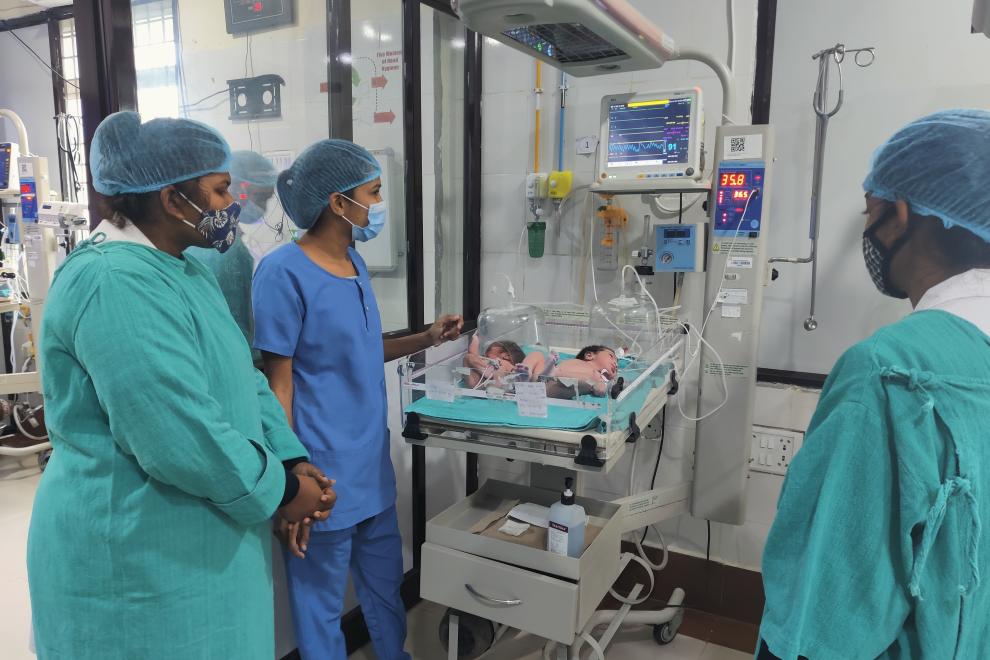Nurse Jobs Demand Growing Across Nation
The need for nurses is expanding across cities, according to the statistics, and Chennai is the second-most popular city for job postings after Bengaluru. According to information from a well-known job portal, the demand for nursing jobs in India increased significantly between April 2022 and April 2023, rising by more than 50%. This sudden increase in demand emphasizes how important nursing personnel are to the healthcare industry. Notably, Chennai has become one of the top cities for finding nursing jobs, closely after Bengaluru. As we commemorate Nurses Day, it is clear that there is a growing need for nurses in tier 2 cities like Pune, Ernakulam, Coimbatore, Kochi, Thiruvananthapuram, and Ahmedabad, which accounts for more than 12% of the overall need.
Nursing Profession in the Spotlight
Due to the emphasis on medical tourism in Tamil Nadu and the post-pandemic focus on boosting healthcare resources and infrastructure, the medical field, especially nursing, has been receiving more attention. As a result of this pattern, investments have persisted, making the healthcare industry a desirable market for prospective nurses. The national perspective about frontline healthcare personnel and their contributions to the wellbeing of the nation has significantly changed as a result of the global health crisis. Additionally, the need for private nursing services has increased among senior citizens, expanding work prospects in this industry. But it’s important to realize that the pandemic has presented a number of difficulties for medical staff.
Enhanced communication and working conditions
The goals of nurses and doctors in India are revealed via a research called “Checking the Pulse of Healthcare Workers” that was done by Indeed India. According to the report, 80% of physicians and 77% of nurses expressed a wish for a better work atmosphere with more communication. In response to this requirement, the healthcare industry is currently experiencing strong expansion, not just in India’s Tier 1 and Tier 2 cities but also globally. These findings are in line with how the healthcare sector is developing and how demand for nursing experts is rising.
Job Postings and Interest from Job Seekers
While there was a small decline of 6% in job seeker interest for nurse jobs during the same time period, overall year-over-year job seeker interest remains high, according to Sashi Kumar, Head of Sales at Indeed India, who commented on the research report. The necessity to continue fostering the growth of the nursing sector is underscored by the rising demand for nurse positions, which attests to the critical role that the nursing industry plays in our society.
The demand for nurses and the interest among prospective nursing students have differed significantly over the past two years, creating a talent mismatch for the nursing business. This disparity emphasises the need for steps to close the gap and inspire more people to choose nursing as a career.























